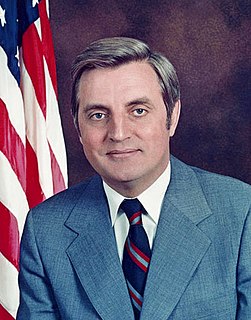A Quote by Frederick Busch
The importance to the world of what we scribblers write is in doubt, I would think.
Related Quotes
It is truly excellent to have someone believe in you and your ability to write. But I think it is just as helpful to have people who don't believe in you, people who mock you, people who doubt you, people who enrage you. Fortunately, there is never a shortage of this type of person in the world ... write for yourself. Write for the story. And write, also, for all of the people who doubt you. Write for all those people who are not brave enough to do this grand and wondrous thing themselves. Let them motivate you.
Creative writing teachers should be purged until every last instructor who has uttered the words 'Write what you know' is confined to a labor camp. Please, talented scribblers, write what you don't. The blind guy with the funny little harp who composed The Iliad, how much combat do you think he saw?
What the world wants, what the world is waiting for, is not Modern Poetry or Classical Poetry or Neo-Classical Poetry - but Good Poetry. And the dreadful disreputable doubt, which stirs in my own skeptical mind, is doubt about whether it would really matter much what style a poet chose to write in, in any period, as long as he wrote Good poetry.
In the past, you would take the time to write a love letter and you would think about what you wanted to say and compose it in a certain way. Now, everything is so short. It has to be, because it is rushed, and therefore, in a way, it loses a little bit of its importance. But I think it is very important to take the time to say what you want to say.
Do you call it doubting to write down on a piece of paper that you doubt? If so, doubt has nothing to do with any serious business. But do not make believe; if pedantry has not eaten all the reality out of you, recognize, as you must, that there is much that you do not doubt, in the least. Now that which you do not at all doubt, you must and do regard as infallible, absolute truth.
If art could be absolutely verified as to importance in, say, the way gold can be judged for purity and weight, then it would of course be finished as mythic activity. Free of doubt, controversy, and the inexplicable fluctuation of reputation, art-making would bear the same relationship to creativity as cake mix does to baking.




































